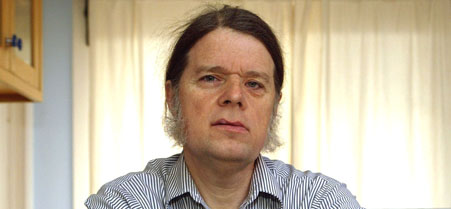The Internet has become too big to fail, says In-Q-Tel's Dan Geer
 Robert Spencer/AP file photo
Robert Spencer/AP file photo
This story has been updated.
The growth of electronic health record systems and the push to integrate digital technology into electrical grids is adding security threats and "new failure modes to the world we live in," Dan Geer, chief information security officer at CIA venture capital arm In-Q-Tel, warned on Wednesday. He spoke as keynote speaker at security conference SOURCE Boston .
The ways that our day-to-day operations have become tied with the Web is creating an Internet ecosystem that is "too big to fail," Geer argued. Geer was famously dismissed from his position as chief technology officer at the boutique security firm @stake, after authoring a 2003 study on the security implications of Microsoft's monopoly in the software industry.
"Remember that the Internet was built by academics, researchers, and hackers -- meaning that it embodies the liberal cum libertarian cultural interpretation of American values, namely that it is open, non-hierarchical, self-organizing, and leaves essentially no opportunities for governance beyond protocol definition," Geer said. "Anywhere the Internet appears, it brings those values with it."
In this landscape, over-complex IT systems pose a problem: they prevent people from seeing how closely connected different parts of a system are, and that a fault in one part could bring the rest of it down, he said.
It is important then, that backup processes are instituted, in the event of system failures. "Preserving fallback is prudent if not essential," Geer said. "Bounding dependence is a rational part of risk management." Read Geer's full speech here .
NEXT STORY: New DISA One-Stop-Shopping Catalog





